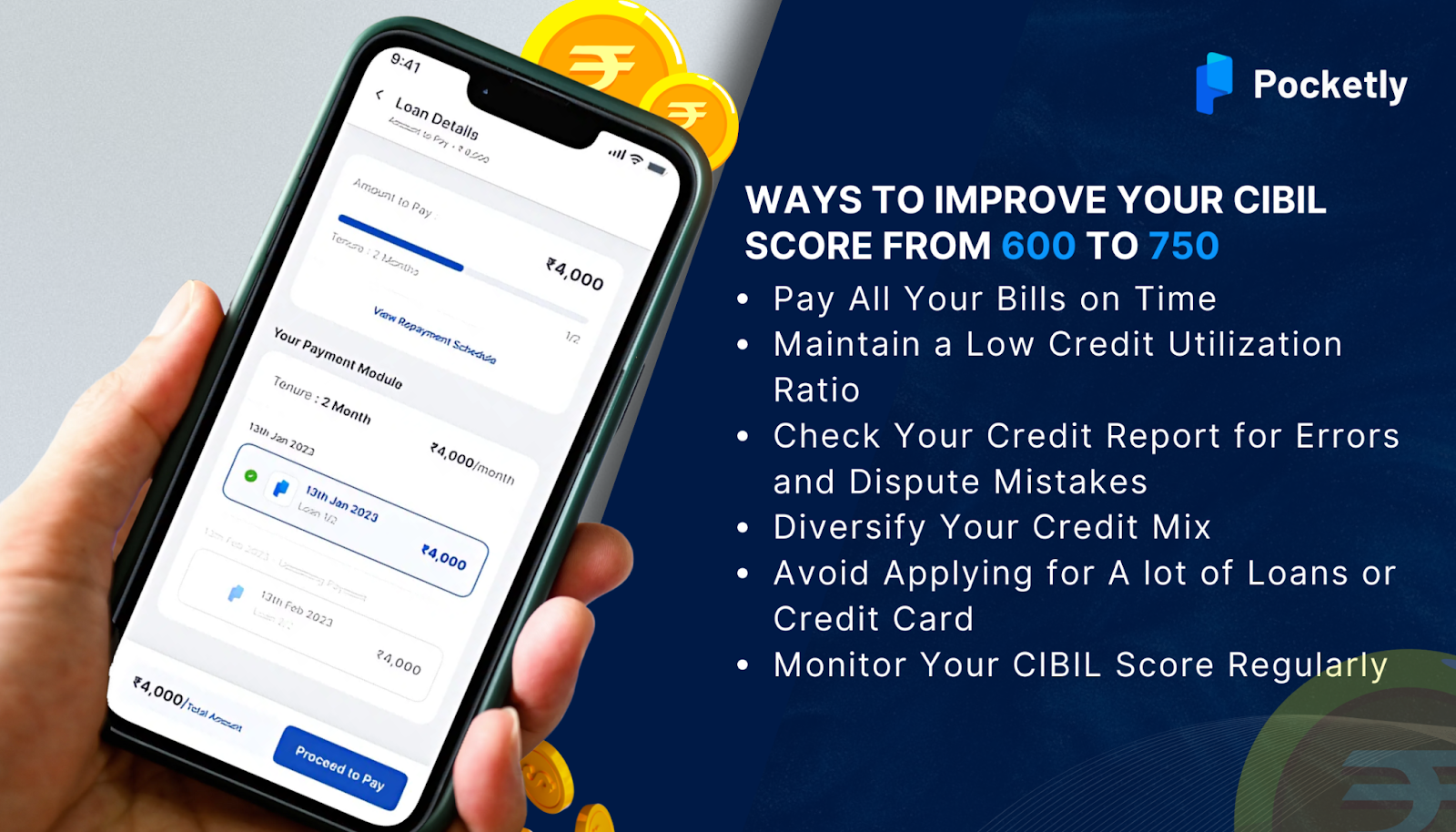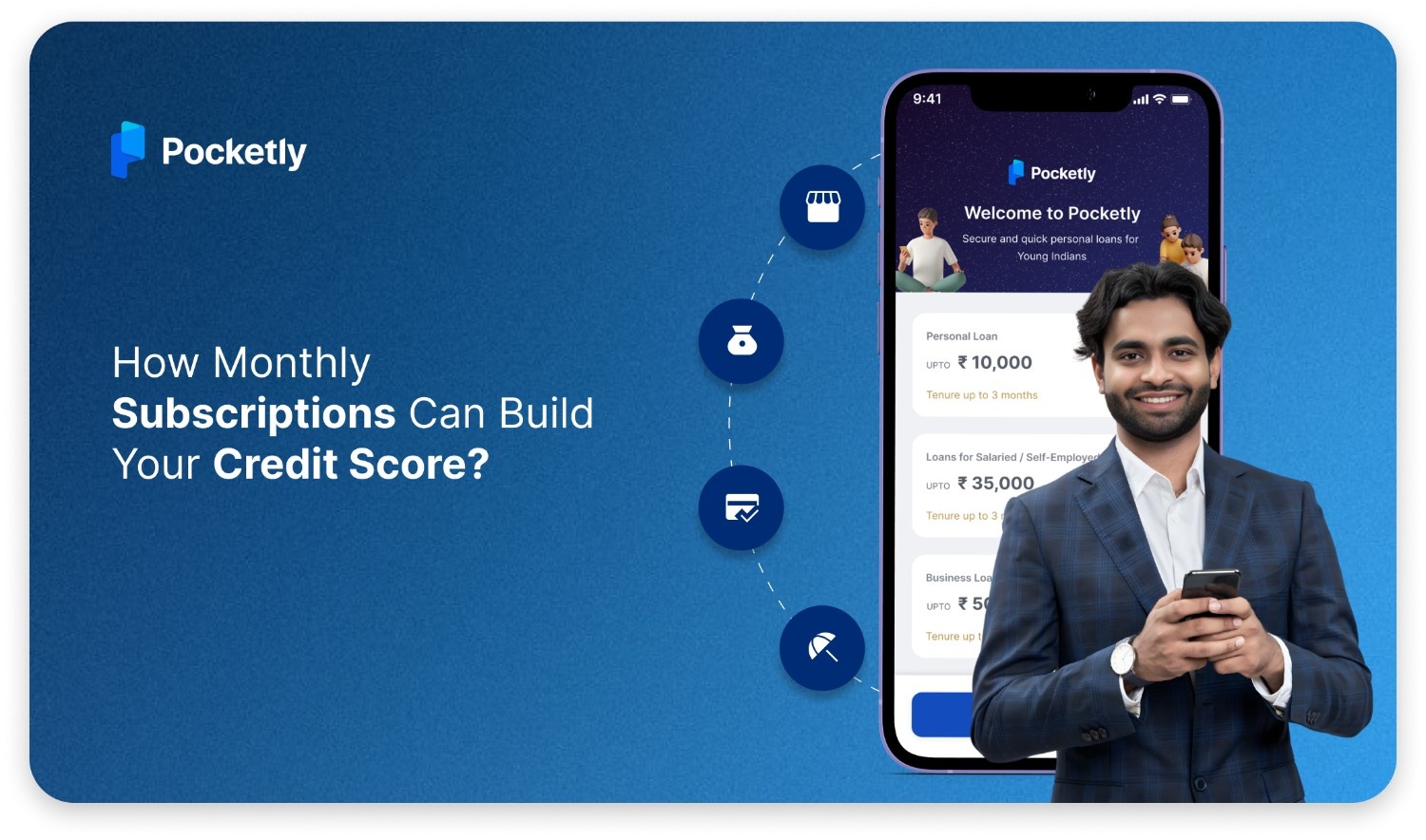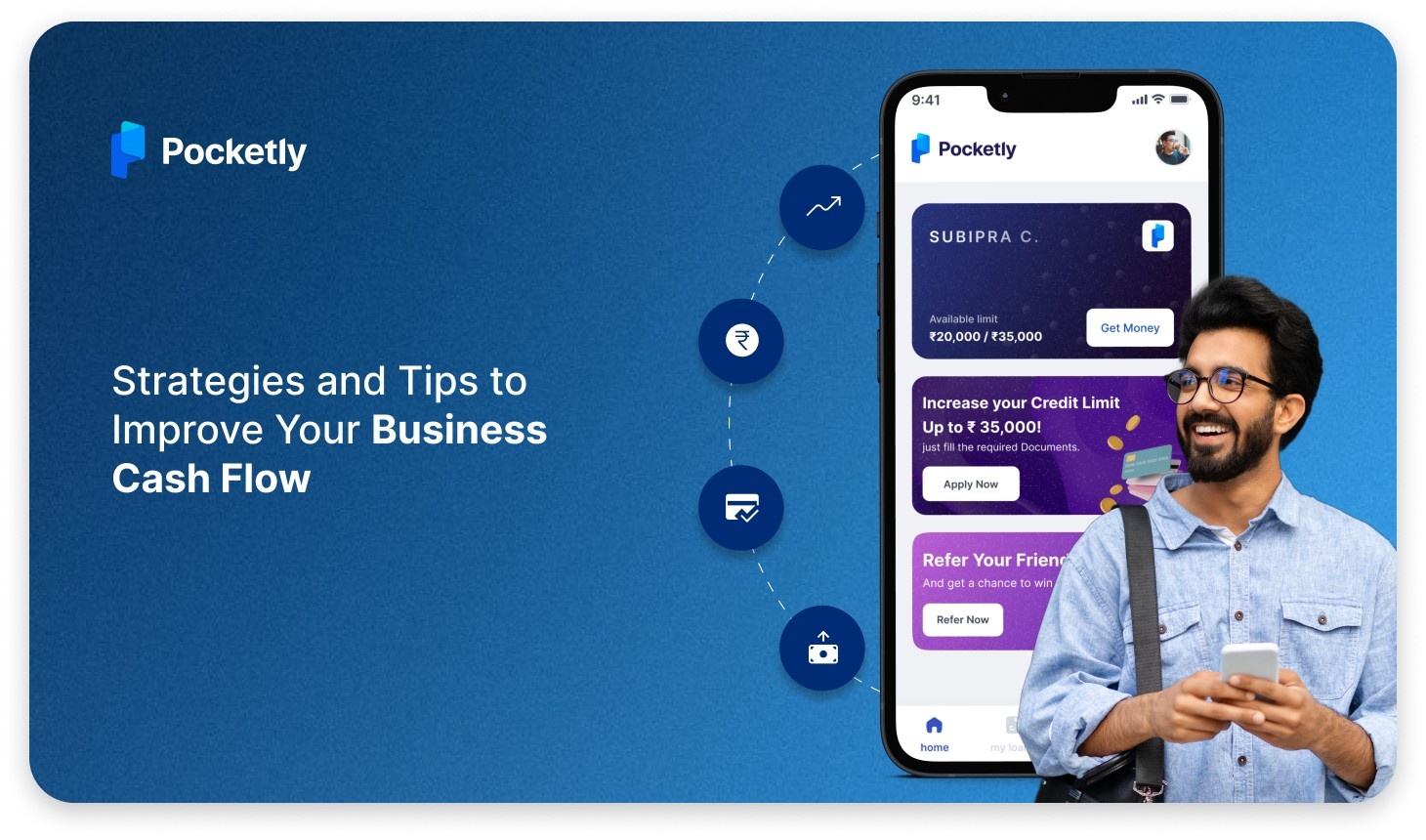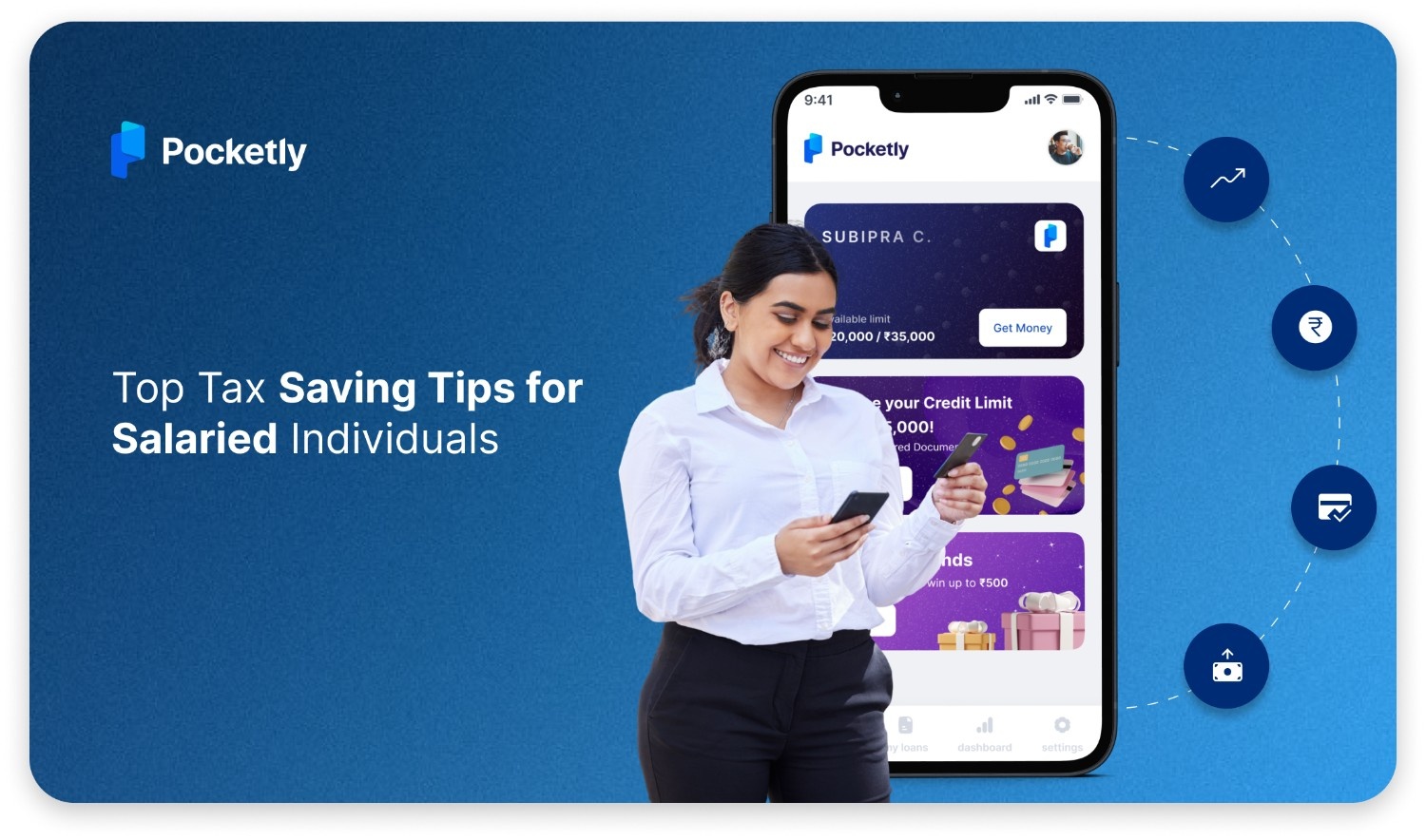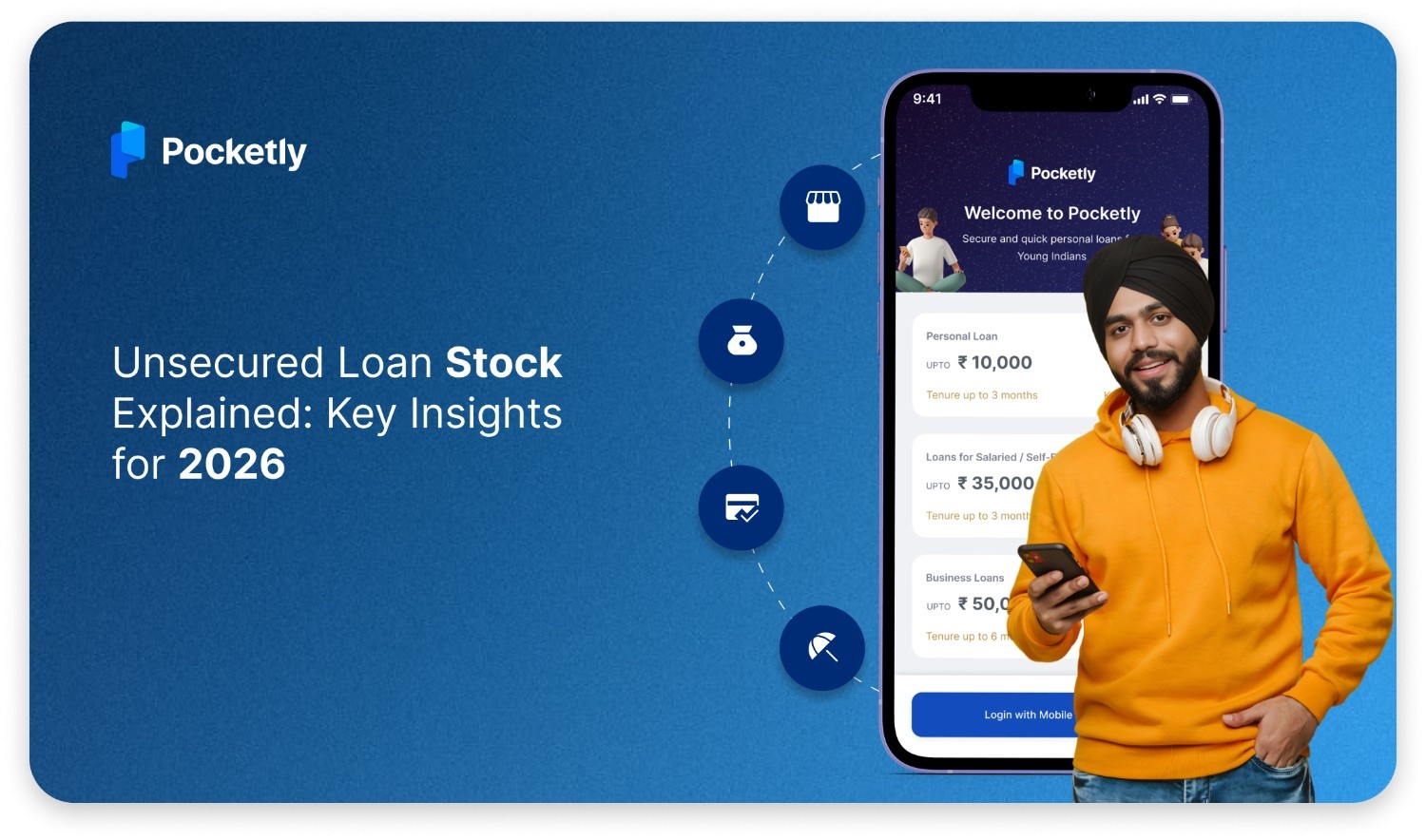If your CIBIL score is stuck at 600, you’re probably facing loan rejections, higher interest rates, or low credit card limits. A score below 750 makes it difficult to get approvals for home loans, personal loans, or even credit cards. But the good news? You can fix it!
Your CIBIL score isn’t permanent—it changes based on your financial behaviour. With the right strategies and discipline, you can boost your score to 750+, improving your chances of getting loans faster and at lower interest rates.
In this guide, we’ll walk you through practical steps to fix your credit score, from checking your credit report to managing credit utilisation and timely payments. Ready to take control of your financial future? Let’s get started!
Understanding Your Current Score
Before you can improve your CIBIL score, what you need is to understand where you stand and what’s affecting your score. A CIBIL score of 600 is considered low, which means lenders may see you as a risky borrower. To increase it to 750 or above, you first need to analyse your credit report and identify problem areas.
How to Assess Your Current Score
- Check Your CIBIL Score Online – Visit the CIBIL website or use financial platforms that offer free credit score checks.
- Identify Negative Factors – Look for missed payments, high credit utilisation, or too many credit applications.
- Review Loan and Credit Card History – Check for defaults, overdue payments, or high outstanding balances.
- Look for Errors or Discrepancies – Sometimes, incorrect loan details or fraudulent activities can lower your score. If you find errors, raise a dispute with CIBIL.
- Understand Your Credit Mix – Having only unsecured loans (like credit cards and personal loans) may affect your score. A proper mix of secured and unsecured credit is ideal.
By evaluating these factors, you can pinpoint the areas that need improvement and start taking actionable steps to boost your CIBIL score from 600 to 750.
How Does the CIBIL Score Work?
Your CIBIL score is a three-digit number (ranging from 300 to 900) that represents your creditworthiness. And it is calculated based on your credit history, repayment behaviour, and borrowing habits. A higher score (750 and above) improves your scope of getting loans and credit cards with lower interest rates, while a low score (below 650) makes lenders hesitant to approve your applications.
Factors That Impact Your CIBIL Score
- Payment History (35%) – Late payments, missed EMIs, or loan defaults negatively affect your score. Regular on-time payments help improve it.
- Credit Utilization Ratio (30%) – Using more than 30% of your total credit limit signals overdependence on credit, lowering your score. Keeping credit usage low boosts your score.
- Credit Mix (15%) – A healthy mix of secured loans (home/car loans) and unsecured credit (credit cards/personal loans) positively impacts your score.
- Credit History Length (10%) – The longer your credit history, the better. Lenders prefer borrowers with a stable credit track record.
- Number of Hard Inquiries (10%) – Every time you apply for a personal loan or credit card, lenders perform a hard inquiry, which can temporarily reduce your score. Too many applications in a short period can hurt your creditworthiness.
Why Does Your CIBIL Score Matter?
- Loan Approvals – A high score (750+) increases your chances of getting approved for loans and credit cards easily.
- Lower Interest Rates – Banks and lenders offer better interest rates to individuals with good credit scores, saving you money in the long run.
- Higher Credit Limits – A strong score makes you eligible for higher loan and credit card limits, giving you more financial flexibility.
- Faster Processing – A high score means less paperwork and quicker approvals, making borrowing stress-free.
Understanding how your CIBIL score works helps you make better financial decisions and helps you improve your score from 600 to 750+ efficiently.
If you want to learn more about checking your CIBIL report, check out our guide on How to Download and Check Your CIBIL Report Online.
Ways to Improve Your CIBIL Score from 600 to 750
A CIBIL score of 600 is considered low, making it a lot tougher to get loans, credit cards, or favorable interest rates. To boost your score to 750 and above, you need to adopt responsible financial habits and correct any mistakes affecting your credit history.
Below are some of the most effective strategies to improve your CIBIL score, along with how they work, their benefits, and real-life examples.
1. Pay All Your Bills on Time
What It Is
Your payment history accounts for 35% of your CIBIL score, making it the most critical factor. Any due or late payments on loans or credit cards negatively impact your score.
How It Works
- Make sure you pay your credit card bills and EMIs before the due date.
- Set up auto-payments or reminders to avoid missing due dates.
- If you have any overdue payments, clear them as soon as possible.
Benefits
- Helps in building a strong credit history.
- Prevents late fees and penalty charges.
- Improves lender trust and increases the chances of loan approvals.
Example
Suppose you have an outstanding credit card bill of ₹10,000 and miss the due date, your credit score may drop. However, if you consistently pay your dues on or before the deadline your score will definitely improve over time.
2. Maintain a Low Credit Utilization Ratio
What It Is
The credit utilisation ratio (CUR) is the percentage of your available credit that you use. Lenders prefer a credit utilisation of 30% or lower, meaning you should avoid using your full credit limit.
How It Works
- Keep your monthly spending below 30% of your credit card limit.
- If your total credit card limit is ₹1,00,000, try not to spend more than ₹30,000 per billing cycle.
- If necessary, request a higher credit limit, but avoid maxing out your credit cards.
Benefits
- Shows lenders that you are financially responsible.
- Prevents credit card debt from piling up.
- Helps increase your credit score over time.
Example
If you have a credit card with a ₹50,000 limit, and you spend ₹40,000 every month, your CUR is 80%, which negatively affects your score. Reducing spending to ₹15,000 (30%) will help improve your credit rating.
3. Check Your Credit Report for Errors and Dispute Mistakes
What It Is
Your credit report may have errors, incorrect loan details, or fraudulent activity, which can lower your score. Regularly checking your report helps you identify and dispute inaccuracies.
How It Works
- Obtain a free CIBIL report from the official CIBIL website or a trusted financial platform.
- Check for errors like duplicate accounts, incorrect late payment records, or fraudulent credit inquiries.
- If you find any mistakes, file a dispute with CIBIL to get them corrected.
Benefits
- Prevents unfair score deductions due to reporting errors.
- Ensures your creditworthiness is accurately represented.
- Helps you detect identity theft or unauthorised credit applications.
Example
If you find a loan listed in your credit report that you never took, immediately report it to CIBIL and get it removed. This correction alone can increase your score.
4. Diversify Your Credit Mix
What It Is
Lenders prefer borrowers with a healthy mix of secured and unsecured loans. Having only credit cards may negatively impact your score, while a mix of secured loans (home/car loans) and unsecured loans (credit cards, personal loans) improves creditworthiness.
How It Works
- If you only use credit cards, consider taking a small secured loan (such as a gold loan or a fixed deposit-backed loan).
- If you have only loans, responsibly using a credit card can add variety to your credit mix.
Benefits
- Proves that you can manage different types of credit.
- Helps in building a well-rounded credit profile.
- Increases your creditworthiness for future big-ticket loans.
Example
If you’ve only used personal loans, adding a credit card and using it wisely (paying in full every month) can positively impact your CIBIL score.
5. Avoid Applying for A lot of Loans or Credit Cards
What It Is
Every time you apply for a new loan or credit card, lenders make a hard inquiry on your credit report. A lot of inquiries in a short time period can lower your score, as it makes you appear credit-hungry.
How It Works
- Only apply for new credit when necessary.
- Space out applications by at least 6 months to avoid frequent hard inquiries.
- If you’re rejected for a loan, wait and improve your score before reapplying.
Benefits
- Prevents unnecessary score reductions due to frequent credit checks.
- Helps you appear as a low-risk borrower to lenders.
- Improves approval chances for bigger loans in the future.
Example
If you apply for three credit cards in one month, your score can drop significantly. Instead, apply for one card, use it responsibly, and wait before making another application.
6. Monitor Your CIBIL Score Regularly
What It Is
Your CIBIL score changes over time based on your financial habits. Regularly checking your score helps you track improvements and identify potential issues before they become serious problems.
How It Works
- Check your CIBIL score every 2-3 months using official platforms.
- If your score drops, identify the reason and take corrective action.
- Use credit monitoring tools that send alerts for changes in your score.
Benefits
- Helps you stay on top of your financial health.
- Allows you to take quick action if your score drops unexpectedly.
- Builds financial discipline for long-term creditworthiness.
Example
If your score drops suddenly, you can check your report and discover that an old loan repayment wasn’t updated. You can then contact the bank and get it corrected, helping restore your score faster.
Improving your CIBIL score from 600 to 750 is not an overnight process, but consistent financial discipline can make a big difference. By paying bills on time, and credit usage can help you diversify your credit mix, and avoid unnecessary inquiries, you can steadily build a strong credit profile.
Additional Strategies to Maintain a Healthy CIBIL Score
Once you’ve improved your CIBIL score to 750 or above, it’s essential to maintain it to ensure continued financial stability and easy access to credit. Here are additional strategies to help you keep your credit score strong over time.
- Keep Old Credit Accounts Open – A Longer credit history improves your score, so avoid closing old credit cards with a good repayment record.
- Make Multiple Small Payments (Credit Card Bill Splitting) – Paying credit card dues multiple times in a month helps maintain a low credit utilisation ratio.
- Avoid Settling Loans – Instead of settling a loan for a lower amount, pay it off in full to prevent a negative remark on your credit report.
- Use Different Payment Methods – Regularly using credit cards and repaying on time builds a strong credit profile.
- Limit Co-Signing or Guaranteeing Loans – If the primary borrower defaults, it can affect your CIBIL score.
- Avoid Frequent Balance Transfers – Constantly shifting balances between credit cards can signal financial instability.
- Increase Credit Limit but Use Wisely – Requesting a higher credit limit can definitely help you lower any credit utilisation ratio if you don’t overspend.
- Check Loan Terms Before Borrowing – Understand repayment terms and hidden charges or any surprise fees before applying for a loan to avoid financial strain.
- Stay Away from Payday Loans and High-Risk Credit – Short-term high-interest loans can impact your credit score negatively if not managed properly.
- Educate Yourself on Credit Management – Regularly update your knowledge of credit management practices to make informed financial decisions.
A good CIBIL score ensures easier loan approvals, lower interest rates, and basically a higher credit limit, ensuring a smoother financial journey. Start practising these smart credit habits today to secure your financial future!
If you want to keep your credit score stable and avoid common pitfalls, check out our detailed guide on Maintaining and Understanding a 730 credit score effectively. Learn the do’s and don’ts, expert tips, and smart credit habits to secure your financial future.
If your credit score is holding you back from getting a personal loan, don’t worry! Pocketly offers loans at affordable interest rates, even if you have a low credit score, making borrowing easier and hassle-free.
Why Pocketly Is the Best Choice for Your Financial Needs
When your credit score isn’t perfect, finding a reliable lender can be tough. That’s where Pocketly makes a difference! Unlike traditional lenders, Pocketly offers quick, hassle-free personal loans, even if you have a low credit score.
- Instant Approvals and Quick Disbursement:
- Pocketly prides itself on fast approvals, getting you the money you need almost instantly.
- Flexible Loan Amounts:
- Whether you need ₹1,000 for a small expense or ₹25,000 for something more significant, Pocketly offers a range of loan options to suit your needs.
- Minimal Documentation:
- Forget long forms and endless paperwork. Pocketly requires only essential documentation, making the process smooth and hassle-free.
- Transparent Fees:
- With Pocketly, there are no hidden charges. You’ll know exactly what the interest and fees are upfront, allowing you to plan confidently.
- Credit-Friendly:
- Even if your credit score isn’t ideal, Pocketly gives you a chance. It’s designed to be accessible, making it a great option when traditional lenders might turn you down.
- Flexible Repayment Options:
- Choose a proper repayment schedule that suits you, with options designed to fit comfortably within your budget.
If you want to apply for an instant personal loan, check out our guide on Instant Access to Mini Personal Loan of Rs 10000.
Conclusion
Improving your CIBIL score from 600 to 750 isn’t just a financial goal—it’s a gateway to better opportunities. Whether it’s getting approved for a personal loan, securing a lower interest rate, or increasing your credit card limit, a high credit score puts you in control of your financial choices.
The journey to a 750+ CIBIL score requires consistent financial discipline, but the rewards are worth it. From on-time payments to managing your credit utilisation, every small step contributes to a healthier financial profile.
And hey, if you need a little extra financial support along the way, Pocketly has your back. With affordable interest rates and quick approvals, Pocketly helps you get a personal loan even if your credit score is low.
Ready to take control of your financial future? Download the Pocketly app today and get the funds you need, when you need them—no hassles, just quick and easy loans!
FAQs
How long does it take to increase my CIBIL score from 600 to 750?
The time frame depends on your financial habits, but with consistent efforts like timely payments, reducing credit utilisation, and maintaining a great credit mix, you might be able to see the improvements in 6 to 12 months.
Will taking a personal loan affect my CIBIL score?
Yes, taking a personal loan can impact your CIBIL score. If you make timely repayments, it can boost your score. However, missing EMIs or applying for multiple loans in a short period can lower your score.
Can I get a personal loan if my CIBIL score is below 750?
Yes! While most banks prefer a score of 750+, platforms like Pocketly offer personal loans even if you have a lower credit score. They focus on repayment ability rather than just credit history, making it easier to get financial support.
Do I need a credit score to apply on Pocketly?
No credit score is required. Pocketly welcomes first-time borrowers, too. It’s designed for everyone, including those new to credit.
Is my data secure with Pocketly?
Yes, Pocketly uses advanced encryption to keep your personal and financial data safe. Your privacy is our priority.
Can I repay the loan early?
Yes, early repayment is allowed with no penalties, which helps you save on interest. It’s a smart way to reduce costs and build credit.




